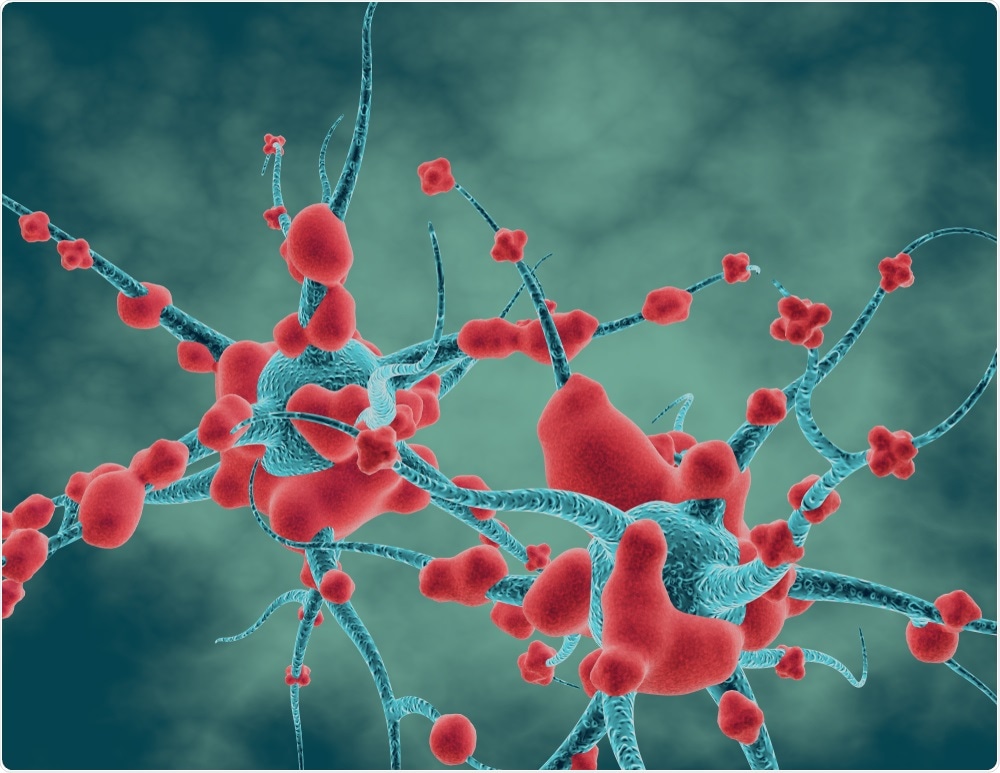Researchers from the HudsonAlpha Institute for Biotechnology, the University of California, San Francisco (UCSF), and the University of Alabama at Birmingham (UAB) have discovered a new risk factor for various neurodegenerative diseases.

Image Credit: Illustration Forest/Shutterstock.com
Finding evidence for a risk factor that contributes to multiple neurodegenerative diseases is exciting. We already know that these diseases share some pathologies. This work shows that the underlying causes of those pathologies may also be shared.”
Richard M. Myers, PhD, President and Science Director, HudsonAlpha Institute for Biotechnology
As part of the study reported recently in The American Journal of Human Genetics, researchers sequenced and analyzed whole genomes of over 1,100 people.
A rare variation in the TET2 gene was found to double the risk of developing diseases such as front temporal dementia (FTD), amyotrophic lateral sclerosis (ALS), and Alzheimer’s disease (AD).
The project wouldn’t have been possible without extensive collaboration between institutions. You end up being able to find things that you can’t find working alone.”
Nicholas Cochran, PhD, Study First Author and Senior Scientist, Myers Lab, HudsonAlpha Institute for Biotechnology
Jennifer Yokoyama, Ph.D., who is an assistant professor of neurology at UCSF, collaborated with Cochran on technical details and contributed to sample collection.
Most of the samples employed for the project were gathered over several decades at the UCSF Memory and Aging Center. They were then sequenced and analyzed at HudsonAlpha.
As soon as the sequence results were obtained, the researchers analyzed the genomes of 671 healthy people and 493 subjects with FTD, ALS, or AD. Several patients exhibited early-onset versions of neurodegenerative disease, indicating that it could be a genetic component of their illness.
While performing genome analysis, the researchers analyzed both coding and non-coding regions of the genome looking for DNA sequence variants. This approach enabled them to be more confident that any probable genes they isolated were the real deal.
According to Cochran, “We didn’t go in with any suspicions about what we might [get], so we’re excited that we did find a new genetic association here.”
TET2 plays a vital role in encoding a protein that catalyzes DNA demethylation. Earlier studies have revealed that changes in DNA methylation occur as part of aging.
The researchers propose that mutations in the gene could result in a defective TET2 protein that affects the aging of the brain and leads to the development of neurodegenerative diseases.
Sometimes we get a hit, and it’s hard to understand what it might be doing, but TET2 already has established roles in the brain. So this finding really made sense.”
Nicholas Cochran, PhD, Study First Author and Senior Scientist, Myers Lab, HudsonAlpha Institute for Biotechnology
After identifying TET2, the researchers analyzed the previously generated genetic data from over 32,000 people with neurodegenerative diseases and healthy people. This data established that variants in TET2 located in both protein-coding and non-coding regions could more possibly be found in the genomes of people suffering from FTD, ALS, or AD than in people without these diseases.
The next stage in the study would be to analyze how changes in levels or function of TET2 could contribute to aging and neurodegenerative disease.